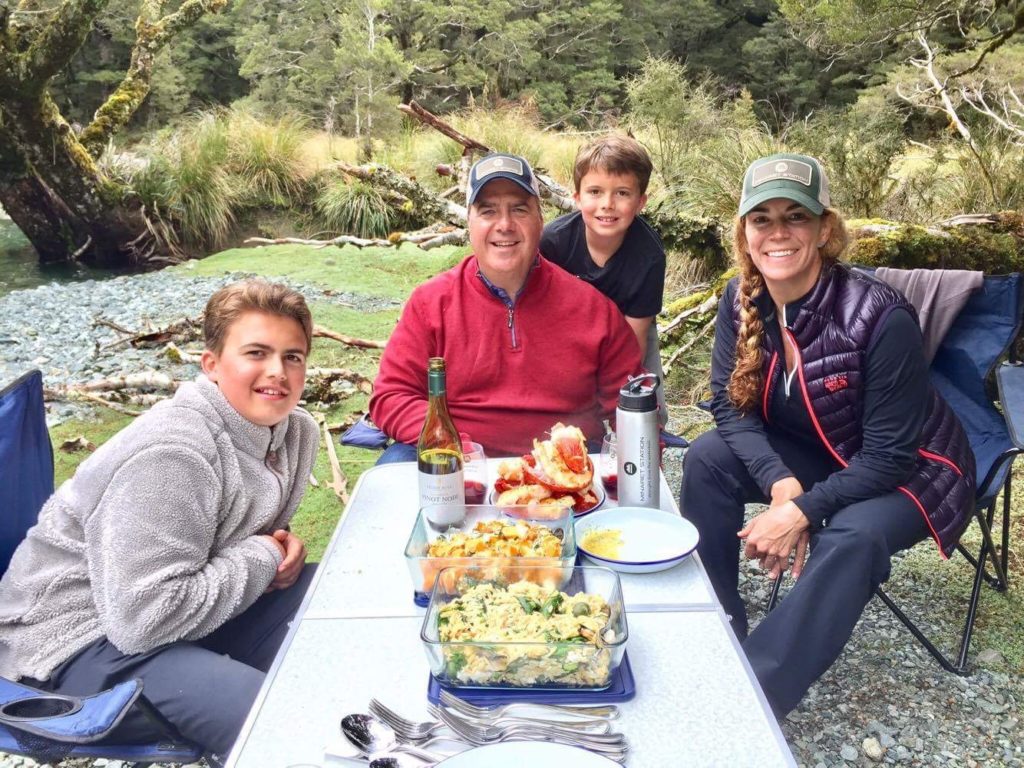First in Service (F1S): As travelers, many of us like the idea of sustainable travel, but are unsure of what exactly it entails—or how it can be easily incorporated into our usual travel lifestyles. Can you explain the basics?
Jessica Hall Upchurch (JHU): One’s travel can have a very wide range of styles and approaches, but it certainly is a misconception that sustainability means sacrificing quality. In fact, many of the world’s most innovative sustainability leaders are in the luxury segment, whose pioneering efforts [have] driven changes in the broader industry. I’d say the most important thing you can do today to support sustainability as a traveler is to ask questions about it. Of course, you can help by shopping and eating locally; engage, respect, and support local cultures, but destinations and travel products are most affected by how travelers prioritize their purchase decisions.
F1S: What impact has the pandemic had on sustainable travel—and why do you think travelers are more open to the idea now than ever before?
JHU: The COVID-19 pandemic amplified the power and opportunity that sustainable travel has globally. We saw people begin to truly understand the economic, social, and environmental impact of travel when the industry came to a standstill and jobs were lost, conservation efforts were halted, and more. The pandemic also gave a pause for the industry, and travelers, to stop and consider what is truly important to them, heightening people’s desire to travel—and to make their travels a force for good.


